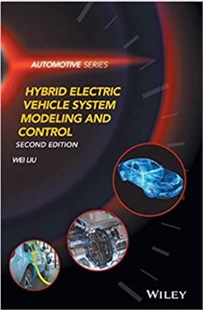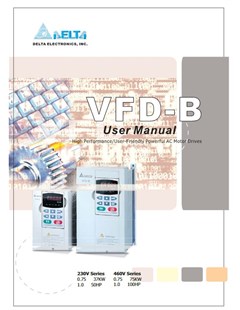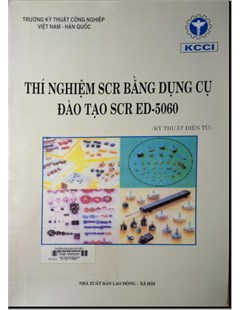Hybrid electric vehicle system modeling and control
Contents introduction to basic components of hybrid electric vehicle
2017
This new edition includes approximately 30% new materials covering the following information that has been added to this important work:
+ Extends the contents on Li-ion batteries detailing the positive and negative electrodes and characteristics and other components including binder, electrolyte, separator and foils, and the structure of Li-ion battery cell. Nickel-cadmium batteries are deleted.
+ Adds a new section presenting the modelling of multi-mode electrically variable transmission, which gradually became the main structure of the hybrid power-train during the last 5 years.
+ Newly added chapter on noise and vibration of hybrid vehicles introduces the basics of vibration and noise issues associated with power-train, driveline and vehicle vibrations, and addresses control solutions to reduce the noise and vibration levels.
Chapter 10 (chapter 9 of the first edition) is extended by presenting EPA and UN newly required test drive schedules and test procedures for hybrid electric mileage calculation for window sticker considerations.In addition to the above major changes in this second edition, adaptive charging sustaining point determination method is presented to have a plug-in hybrid electric vehicle with optimum performance.
Contents:
- Introduction.
- Basic components of Hybrid electric vehicles.
- Hybrid electric vehicles system modeling.
- Power electrics and electric motor drives Hybrid electric vehicles.
- Energy storage system modeling and control.
Wei Liu. Hybrid electric vehicle system modeling and control, Wiley, 2017
 |  |  |
Thứ Năm, 10:13 16/02/2023
Copyright © 2018 Hanoi University of Industry.